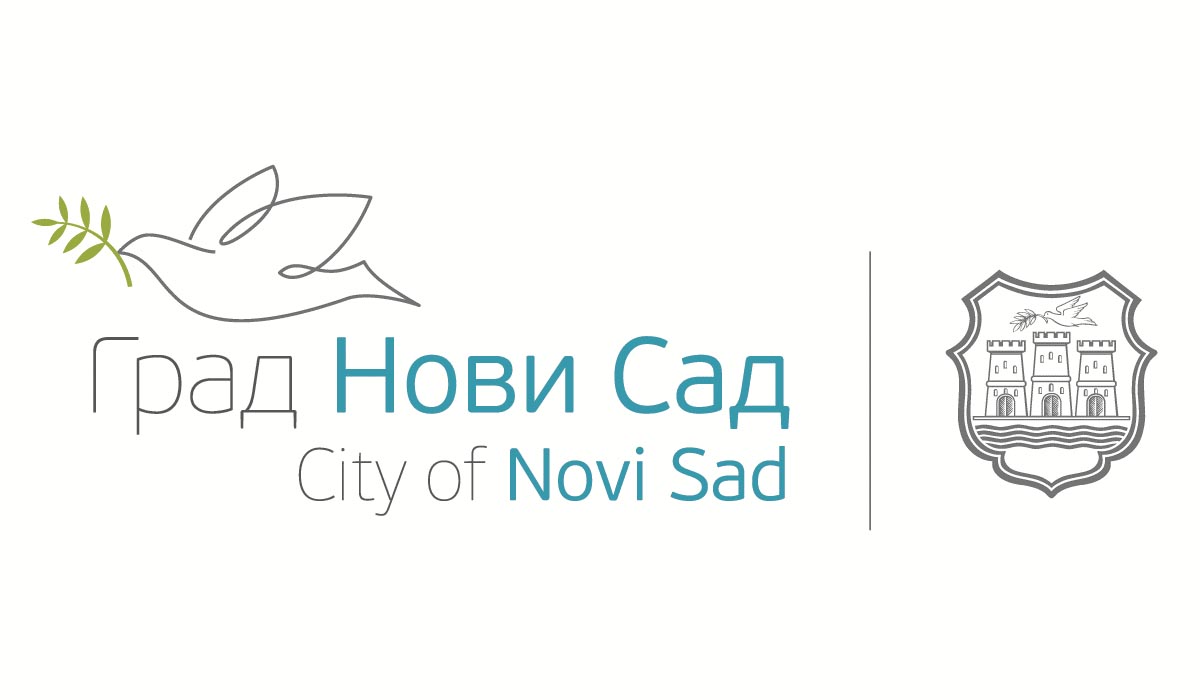BETWEEN COURTLY, CIVIL AND MILITARY SERVICE: MILITARY MUSICIANS IN THE PRINCIPALITY AND KINGDOM OF SERBIA
DOI:
https://doi.org/10.19090/i.2017.28.118-133Keywords:
Kingdom of Serbia, military musicians, Czechs, minorities, modernization, civil-military relationsAbstract
The Principality and later Kingdom of Serbia with its less pronounced class differences, with a thin layer of urban population and the dominance of rural population, was the perfect target for the military musicians that were coming from the Habsburg Empire. “Foreigners” as military musicians would progress into higher strata. Czech musicians were the most important and most numerous among the newcomers in Serbia and the role of Josif Schlesinger as the first important musician is essential for understanding their importance and influence. The educational and modernization process could be followed by the growth in the number of professional military musicians.
Downloads
References
Berendt, I. T. History Derailed: Central and Eastern Europe in the Long Ninenteenth Century, Berkeley: University of California Press, 2003.
Bjelajac, M. S. Jugoslovensko iskustvo sa multietničkom armijom 1918−1991, Beograd: Udruženje za društvenu istoriju, 1999.
Bjelajac, M. Vojska Kraljevine Srba, Hrvata i Slovenaca 1918−1921, Beograd: Narodna knjiga, 1988.
______. ‘Ženidbe oficira srpske i jugoslovenske vojske 1881−1941. Planirano stvaranje elite’, Godišnjak za društvenu istoriju, 1, 1995), 22−41.
______. ‘Porodična tradicija vojnog poziva u Srbiji − Vojna elita 1804–1941’, Godišnjak za društvenu istoriju, 1-2, 1996, 84−94.
Chirot, D. (ed.) The Origins of Backwardness in Eastern Europe: Economics and Politics from the Middle Ages Until the Early Twentieth Century, Berkeley and Los Angeles: University of California Press, 1991.
Čapo, H. ‘Former Austro–Hungarian officers in the Army of the Kingdom of Serbs, Croats and Slovenes/Yugoslavia’, Review of Croatian History, 1, 2009, 113−136.
Čalić, M.Ž. Socijalna istorija Srbije 1815-1941, Beograd: Klio, 2004.
Dajč, H. and Vasiljević, M. ‘Status Jevreja u osmanskom i habzburškom Beogradu (XVII−XVIII vek): Stranci, manjine ili saradnici?’, Limes plus, 2/2013, 85−104.
Deák, I. Beyond Nationalism: A Social And Political History Of The Habsburg Officer Corps 1848-1918, Oxford − New York – Toronto: Oxford University Press, 1990.
Gavrilović, M. Muzičko obrazovanje kao segment kulturnog razvoja grada Niša (1827-1914), doktorska disertacija. Novi Sad: Univerzitet umetnosti, 2012.
Gajić, M. ‘Some issues of studying the activities of Czech musicians in Serbia in the 19th century’ Musicological Annual/Muzikološki zbornik, XLV/1, 2009, 65−74.
Đorđević, V.R. Prilozi biografijama srpskih muzičara. Beograd: SANU, 1950.
Đurić Klajn, S. Beogradska filharmonija 1923-1979, Beograd: Beogradska filharmonija, 1977.
______. Akordi prošlosti, Beograd: Nolit, 1980.
Huntington, S. P. The Soldier and the State: The Theory and Politics of Civil-Military Relations. Cambridge, Massachusetts: The Belknap Press of the Harvard University Press, 1985.
Krajačić, G. Vojna muzika i muzičari: 1831-1945. Beograd: Vojska, 2003.
Lazić, M. Čekajući kapitalizam, Beograd: Službeni glasnik, 2012.
Mitrović, A. Srbija u Prvom svetskom ratu, Belgrade: Stubovi kulture, 2004.
Marković, R. Vojska i naoružanje Srbije kneza Miloša, Beograd: SANU, 1957.
Pejović, R. Srpsko muzičko izvođaštvo romantičarskog doba, Beograd: Univerzitet umetnosti, 1991.
______. 'Češki muzičari u srpskom muzičkom životu (1844-1918)', Novi zvuk. Internacionalni časopis za muziku, 8, 1996, 51-58.
______. 'Češki muzičari u srpskom muzičkom životu (1844-1918) II', Novi zvuk. Internacionalni časopis za muziku, 9, 1997, 65-74.
Perović, L. (ed.) Srbija u modernizacijskim procesima XX veka, Beograd: Institut za noviju istoriju Srbije, 2001.
Petranović, B. Istorija Jugoslavije, 1918−1988, I tom. Beograd: Nolit, 1988.
Ratković Kostić, S. B. Evropeizacija srpske vojske 1878-1902, Beograd: Vojnoistorijski institut, 2007.
Stanković, Đ.Đ. Nikola Pašić i jugoslovensko pitanje, knj. 1. Beograd: BIGZ, 1985.
Stojanović, D. Kaldrma i asfalt: Urbanizacija i evropeizacija beograda 1890-1914, Beograd: Udruženje za društvenu istoriju, 2008.
______. Ulje na vodi: Ogledi iz istorije sadašnjosti Srbije, Beograd: Peščanik, 2010.
Tomašević, K. ‘Contribution of Czech Musicians to the Serbian Music in the 19th Century’, Musicological Annual/Muzikološki zbornik, XLII/1, 2006, 127−137.
Trgovčević, Lj. Planirana elita: o studentima iz Srbije na evropskim univerzitetima u 19. veku, Beograd: Istorijski institut, 2003.
______. Naučnici Srbije i stvaranje jugoslovenske države, 1914−1920, Beograd: Narodna knjiga, 1986.
______j. Obrazovanje kao činilac modernizacije Srbije u XIX veku: analitička skica. 1994.
Vasiljević, M. ‘A ‘Quiet African Episode’ for the Serbian Army in the Great War: The Band of the Cavalry Division and Dragutin F. Pokorni in North Africa (1916−1918)’, New Sound, 43, 2014, 123−156.
______. 'Srpske vojne muzike u zemljama saveznika tokom Velikog rata (1916-1918)', Vojnoistorijski glasnik, 2, 2014, 20-41.
Vesić, I. ‘Davorin Jenko, „naš stranac” u kulturnom životu Beograda (1865–1914): Kontradiktornosti etničkog koncepta nacionalnog identiteta, Limes plus, 2/2013, 185-196.














